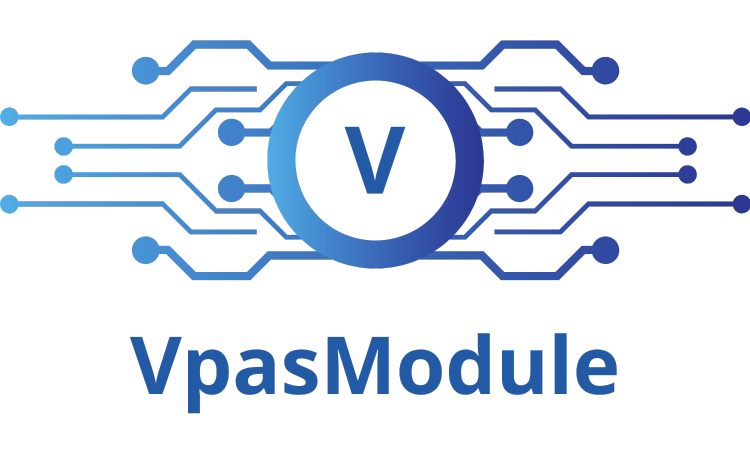Get-VPASIdentityUserDetails
Synopsis:
RETRIEVE USER DETAILS IN IDENTITY |
Description:
USE THIS FUNCTION TO RETRIEVE USER DETAILS IN IDENTITY |
Syntax:
Get-VPASIdentityUserDetails -Username <String> [-ExportToCSV] [-CSVDirectory <String>] [-token <Hashtable>] [<CommonParameters>] |
Get-VPASIdentityUserDetails -UserID <String> [-ExportToCSV] [-CSVDirectory <String>] [-token <Hashtable>] [<CommonParameters>] |
Get-VPASIdentityUserDetails -InputParameters <Hashtable> [-token <Hashtable>] [<CommonParameters>] |
Parameters:
-Username <String> |
-UserID <String> |
-ExportToCSV [<SwitchParameter>] |
-CSVDirectory <String> |
-InputParameters <Hashtable> |
-token <Hashtable> |
<CommonParameters> |
Examples:
$GetUserDetails = Get-VPASIdentityUserDetails -Username {USERNAME VALUE} |
$GetUserDetails = Get-VPASIdentityUserDetails -UserID {USERID VALUE} |
$InputParameters = @{ |
$InputParameters = @{ |
Outputs:
If successful: |
$false if failed |




